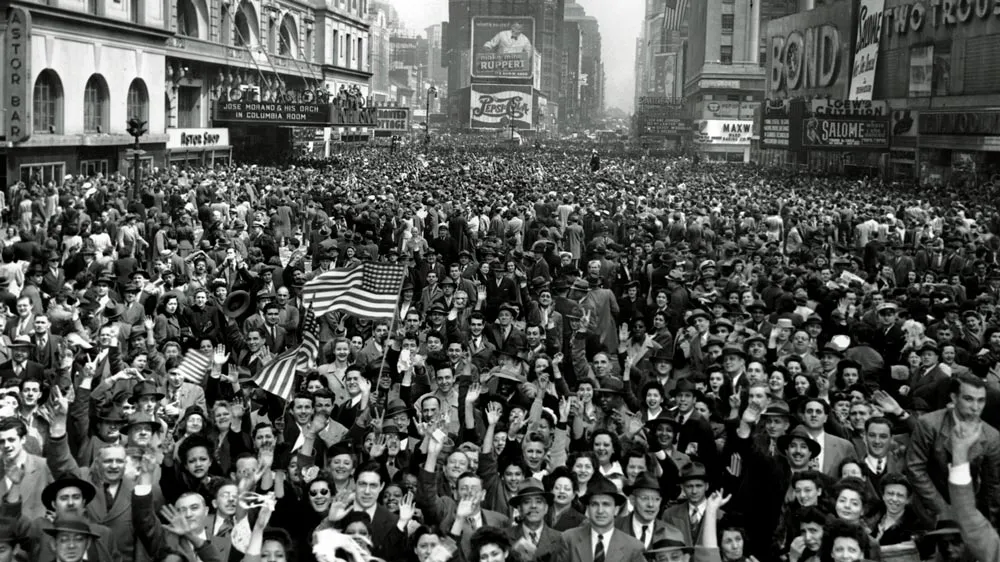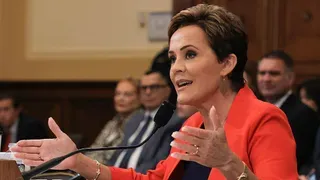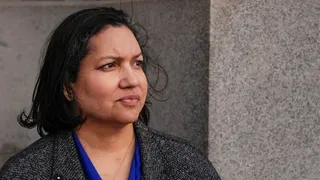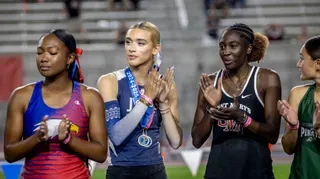July 18, 2011
LGBT murders up in 2010
Kevin Mark Kline READ TIME: 4 MIN.
The National Coalition of Anti-Violence Programs announced Tuesday that there were 27 murders of LGBT and HIV-affected people in the United States and Puerto Rico in 2010, the second highest total ever recorded.
The coalition, made up of anti-violence agencies around the country, released the finding in its annual report, "Hate Violence Against Lesbian, Gay, Bisexual, Transgender, Queer, and HIV-Affected Communities in the United States in 2010." The group collected data from 17 anti-violence organizations in 15 states, including Community United Against Violence in San Francisco.
The report also notes a continuing trend of violence disproportionately targeting transgender women and people of color.
The report, which is believed to be the most comprehensive source of data on the subject in the U.S., documents 27 murders in 2010 - second only to 2008 as the largest number of murders yet recorded, with 29, and 23 percent higher than the 22 murders reported in 2009. Of those murders, 70 percent were people of color.
"These figures could represent a true increase in hate crime violence, or an increase in reporting," said Lisa Gilmore of the Center on Halsted in Chicago, an LGBT community organization serving the greater Midwest, during an audio press conference held Tuesday, July 12 to highlight the report's findings.
Overall, reports of violent crime against LGBT, queer, and HIV-affected people rose 13 percent from 2009.
Gilmore said that NCAVP does not purport to document all anti-LGBT violence in the country, but that the project does capture more data than the criminal justice system.
"A bureau like the FBI will only have data from local law enforcement agencies, and only those agencies who report things as a hate crime. The FBI is never going to get a report from Indiana because no hate crimes statute exists in Indiana," Gilmore said.
Locally, CUAV, in its section of the report, noted that reports of anti-LGBTQQ violence rose by 65 percent, from 129 in 2009 to 213 in 2010. The increase is attributed to better staff and volunteer outreach and improved data accuracy, according to the report.
Two notable trends locally were the increase in reports of violence occurring at the workplace and in a police vehicle, jail, or precinct.
In 2010 CUAV, which has faced severe budget cuts in recent years, primarily served LGBT survivors of violence, 80 percent of whom were people of color, according to the report. The highest forms of violence reported were intimidation and assault without a weapon.
Maria Carolina Morales of CUAV, in an interview with the Bay Area Reporter following Tuesday's phone conference, said the organization's outreach and volunteer work has remained stable over the past year, and that 2010 was the healthiest fiscal year CUAV has seen in a decade.
"In the past year we've implemented a new strategy in which hate crime survivors do community engagement work, which increases how much we are able to extend into the community," Morales added.
Personal accounts in the report range from a biracial lesbian woman and mother of three in Denver who sought the aid of a pro-bono legal advocate after being assaulted by police to a gay Latino man shot in the head in San Antonio after reportedly coming on to another man to a number of transgender women murdered in Puerto Rico in incidents not officially classified as hate crimes.
"We documented a substantial increase in the reporting of hate motivated violence in California during the Proposition 8 controversy," said Jake Finney of the Los Angeles Gay and Lesbian Center. "We haven't seen anything similar to date in response to the FAIR Act, we're on the lookout, but it's pretty recent."
He was referring to SB 48, state Senator Mark Leno's bill that would include the contributions of LGBT Americans in school instructional materials. The bill is on Governor Jerry Brown's desk and anti-gay groups are reportedly flooding his office urging him to veto it.
Finney said that the federal hate crimes law, signed by President Barack Obama in 2009, benefited the LGBT community during a highly publicized attack on a female-to-male transgender grad student at California State University, Long Beach last April. "Because of the law we requested that the FBI step in to lend their skills and expertise to the investigation, and they had the jurisdiction to do so," he noted.
Others on the call urged public figures to join in the conversation around LGBT rights.
"We have noticed the way that LGBT issues are used as a wedge to encourage people with anti-LGBT sentiment to get to the polls," said Ejeris Dixon, deputy director of the New York City Anti-Violence Project, during Tuesday's tele-conference. "A key way to combat that is for public figures - whether politicians or celebrities - to speak out each and every time that an anti-LGBT message appears."
The full report, which can be accessed at http://www.avp.org, includes a compilation of first-hand narratives from survivors of sexual and gender-based violence around the country as well as accounts of murders that occurred last year.







